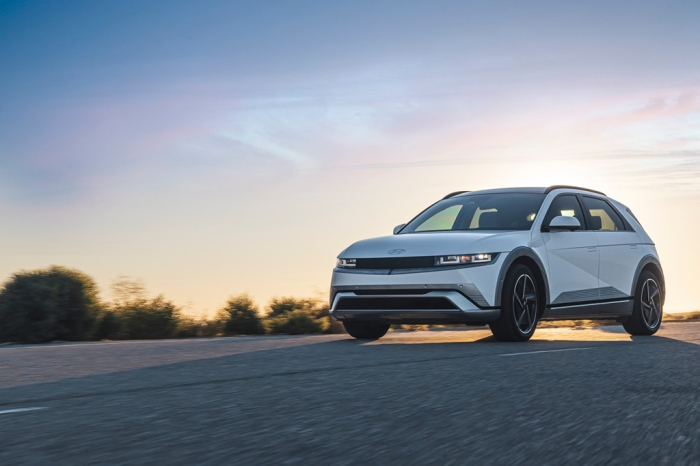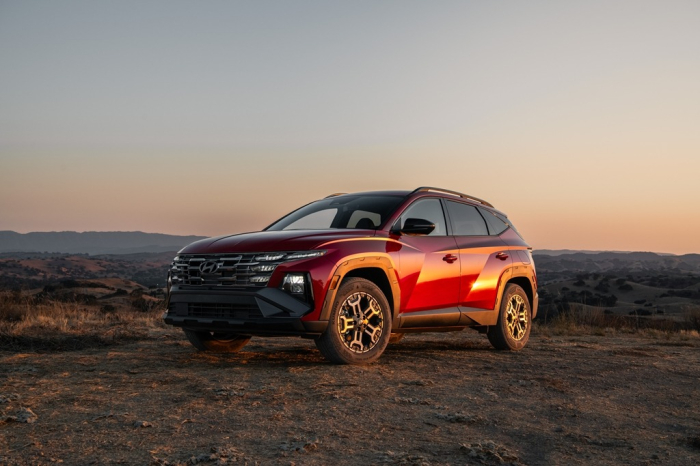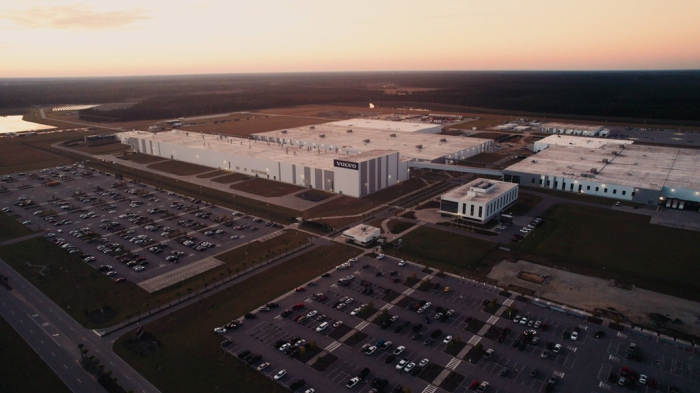
Hyundai Motor Co., South Korea’s top automaker, on Wednesday lowered the prices of the IONIQ 5 lineup in the US to as automakers in the world’s third-largest electric vehicle market scrambled to deal with the Trump administration’s elimination of the tax credit benefit of up to $7,500 for EV buyers.
Hyundai Motor America said it reduced prices of the 2026 IONIQ 5 lineup by $7,600-$9,800, higher than the federal tax subsidy abolished.
“Hyundai is taking bold steps to ensure our award-winning IONIQ 5 remains a top choice for EV buyers,” said Randy Parker, president and CEO, Hyundai Motor North America.
The price reduction is expected to further hurt the profitability of Hyundai, which is already expected to suffer from a higher tariff than those for Japanese and European rivals. In the absence of a signed trade pact between South Korea and the US, Korean cars face a 25% US levy than their Japanese and European peers, slapped with 15%.
TO MAINTAIN MARKET SHARE
Hyundai Motor America said it lowered the prices for all 2026 IONIQ 5 models by an average of $9,155.
The price for the IONIQ 5 SE RWD Standard Range, its cheapest trim, fell by $7,600 to $35,000, while the IONIQ 5 Limited AWD, the most expensive model, dropped by $9,225 to $48,975.
Hyundai Motor America decided to provide cash incentives of $7,500 for 2025 IONIQ 5 models.
“We decided the cuts to maintain the brand leadership of the IONIQ 5 even at the cost of lower profitability,” said a Hyundai Motor official in Seoul.

Hyundai Motor and its affiliate Kia Corp. together ranked the fourth-largest carmaker in the US in the third quarter by selling 480,175 units there, up 12% from a year earlier.
General Motors Co. topped the best-selling carmaker list with 708,360 vehicles, followed by Toyota Motor Corp. with 629,137 units and Ford Motor Co. with 542,983 units. Honda Motor Co. ranked No. 5 by selling 358,848 vehicles.
Starting this month, the US administration ended the federal incentives of up to $7,500 that had been offered to electric-vehicle buyers.
EV sales in the US were estimated to have risen 21% to some 410,000 units in the third quarter from a year earlier, according to Cox Automotive Inc., the world’s largest automotive services and technology provider.
That would easily be the highest amount of EVs ever sold in a quarter in the US, as well as a record 10% market share, as buyers rushed to purchase EVs ahead federal tax credit ending in September.
REVISE US EV BUSINESS PLANS
Automakers in the US rushed to revise their EV business plans.
Nissan Motor Co. said it has halted plans to manufacture EVs at its plant in Canton, Mississippi.
The Japanese carmaker, which had planned to produce two EV models from the end of 2028 there, is set to revive its Xterra sport utility vehicle (SUV) as a hybrid model at the factory.
Honda last month decided to cease production of its Acura ZDX electric crossover assembled by GM.

Volvo Cars plans to build its XC60 mid-size SUV at its plant in Ridgeville, South Carolina, which currently makes the all-electric EX90 SUV and the Polestar 3, beginning in late 2026. The XC60 is primarily produced in Sweden.
Volvo is also set to manufacture a new, next-generation hybrid model for the US at the factory before 2030.
By Jung-Eun Shin
newyearis@hankyung.com
Jongwoo Cheon edited this article.















